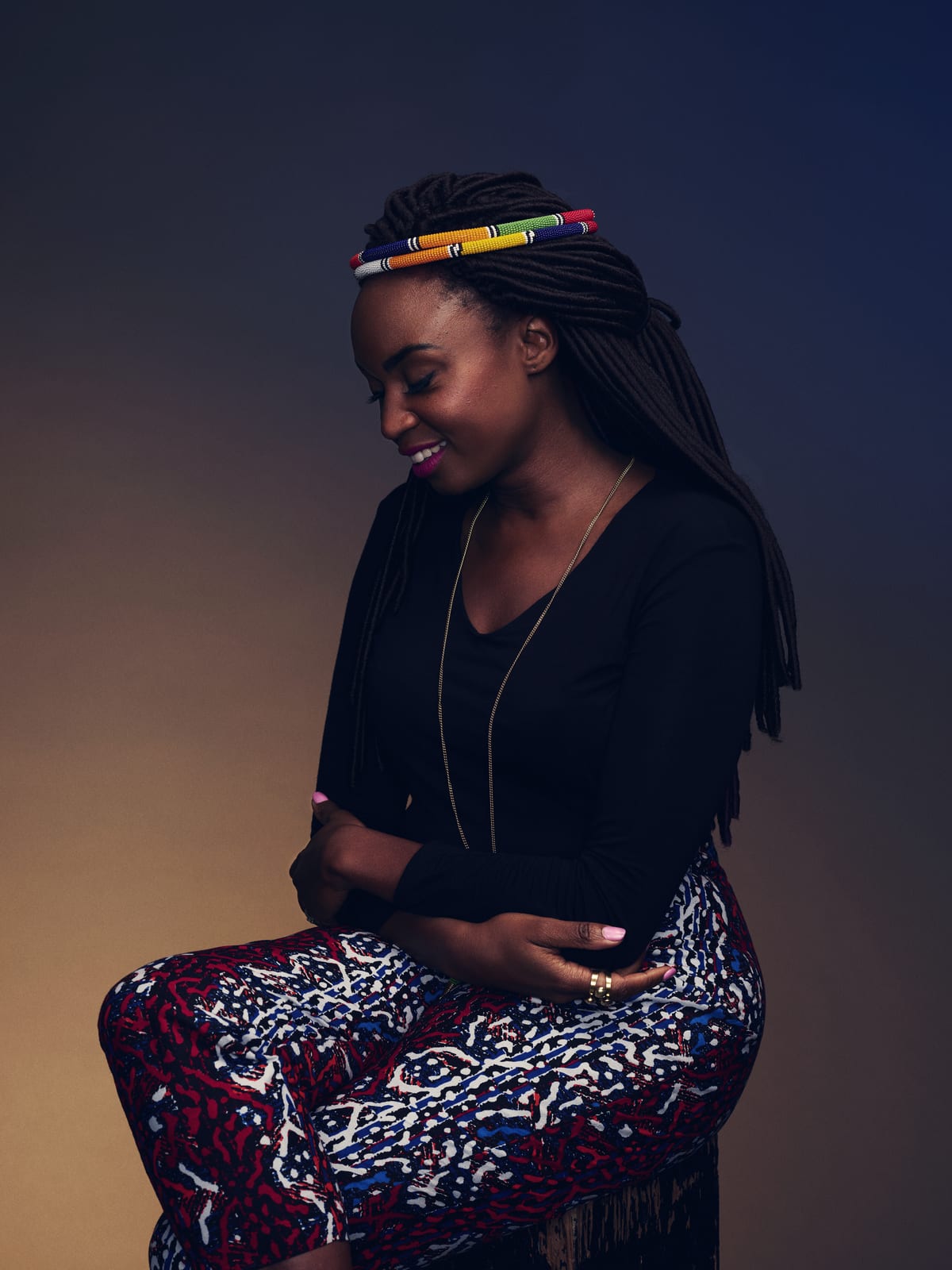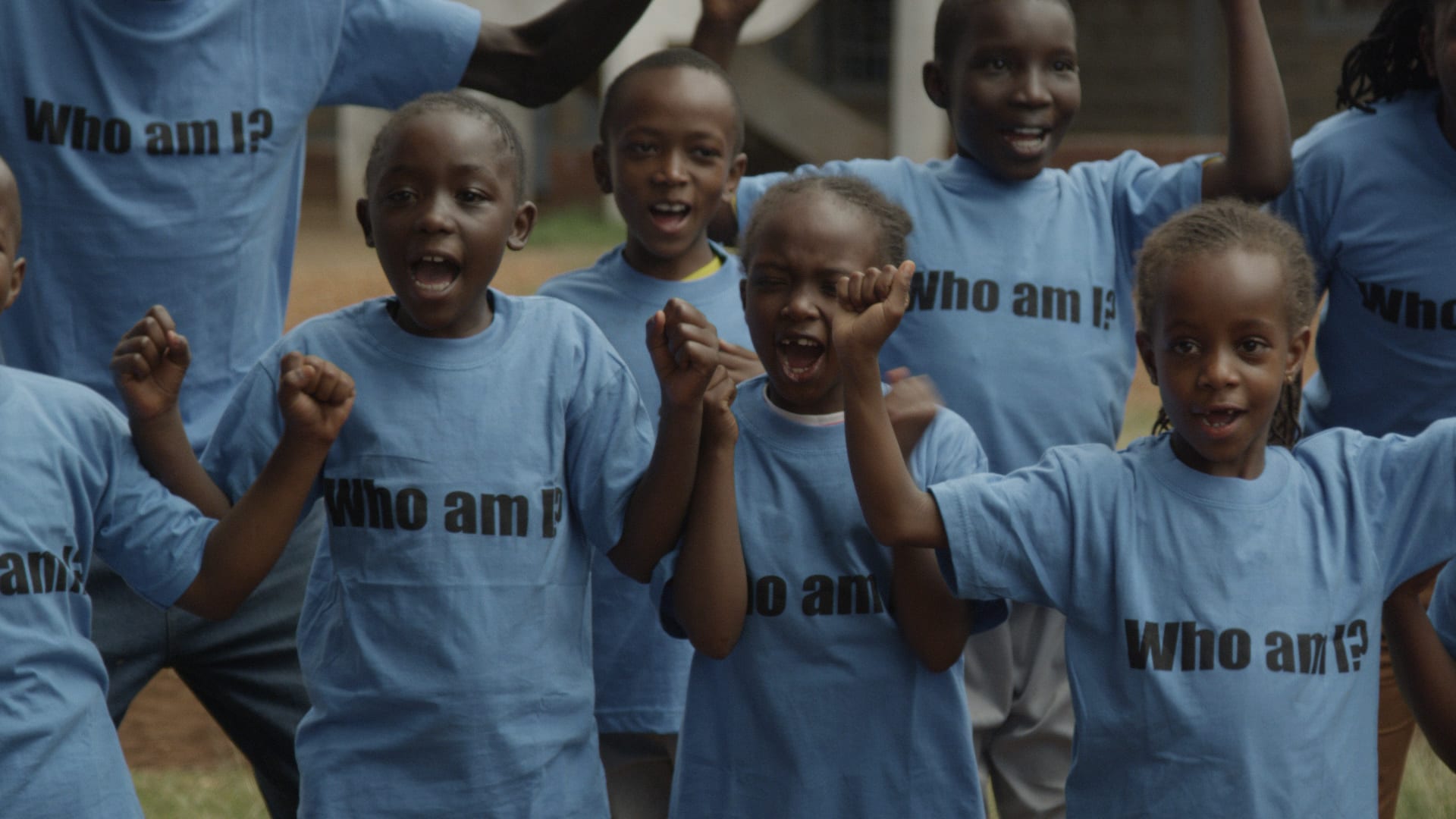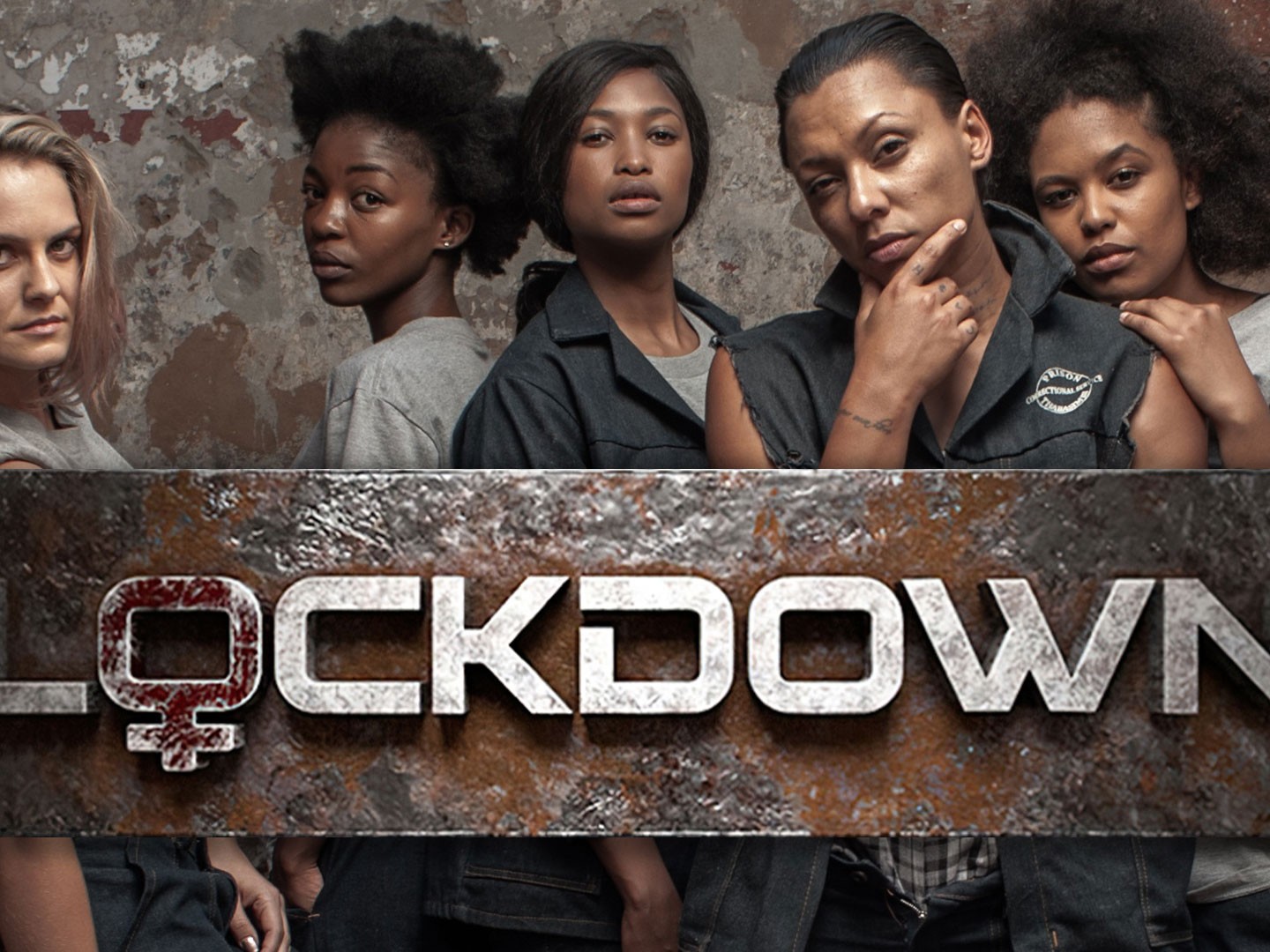Share this!
Celebrating African Women In Film: Wanuri Kahiu
There is a new generation of fearless African filmmakers poised to dominate the movie industry, and Kenyan-born Wanuri Kahiu is one of the directors leading the way. From her first feature From A Whisper to her latest critically acclaimed 2018 romance film Rafiki, Kahiu has used film to explore Kenyan identity with authenticity and imagination, even if it means taking on the Kenyan government in the process.
Rafiki, a love story about two young women and a word that means “friend” in Swahili, was banned last year by the Kenya Film Classification Board (KFCB) for “promoting lesbianism,” and though the film made history as the first Kenyan movie to premiere at the Cannes Film Festival, Kahiu had to file a lawsuit on the grounds that banning her film was in violation of her right to free speech and her freedom of expression. The ban was lifted temporarily so that Kenyan audiences could watch the film for one week and so that it could be eligible for submission for the Best Foreign Language film at the Academy Awards.
Kahiu’s work is set to reach even more audiences thanks in part to Amazon Prime Video. The streaming platform is developing a series based on the first book in Octavia E. Butler’s Patternist sci-fi series alongside Viola Davis and Julius Tennon’s JuVee Productions, which will be co-written by Kahiu and novelist Nnedi Okorafor. Demand Africa caught up with Kahiu to discuss her hopes for the Kenyan film industry and what she learned from Rafiki.
RELATED: Demand Africa Celebrates African Women In Film

DEMAND AFRICA: How has your Kenyan heritage inspired your work?
KAHIU: I’m Kenyan, so the storytelling that I tell is very much based on where I live and the people that I know. The individuals I know from here inspire the characters that I create. Storytelling is storytelling everywhere around the world. Apart from the locations, the people, and the way we talk, storytelling follows a format that’s universal.
DEMAND AFRICA: What did your experience with Rafiki teach you about staying true to your vision?
KAHIU: I think Rafiki was a clear indication to me of what it means to be true. Rafiki was my only film that has been banned. It was the only one where I was asked to change something in my film.
I know the most important thing to me is making sure that the work we create is truly honored by staying true to what your voice is and what you think. I don’t think Rafiki taught me not to compromise, but it showed me what it means to be tested and what extent I would go to for my film.
DEMAND AFRICA: What are some of the biggest challenges facing Kenyan filmmakers?
KAHIU: Not many people have a film banned for the subject matter. Taking on government and having to defend your work is something that is not necessarily ordinary for American filmmakers.
The largest challenge is making films in a small country. Whereas Nigeria has a very substantial distribution model, Kenya doesn’t.
DEMAND AFRICA: How do you hope the film industry improves for the next generation of filmmakers?
KAHIU: I hope everyone can explore their culture. I hope we create enough of a support system for any filmmaker that comes after us so they don’t have to deal with the same issues we continue to struggle with now, which includes casting people of color in commercial roles. That’s a big thing. I really hope that by the time young filmmakers come through, that we would allow space for the next generation that wants to tell diverse stories. That we allow the space for the next generation to have space to explore, to play, and to experiment with whatever ideas they have and not have to worry as much we do about justifying their work.

About Demand Africa
Demand Africa offers 24-7 access to the largest curated collection of Pan-African TV shows, series, soaps, movies and lifestyle entertainment direct from the continent. Demand Africa goes to Nollywood and beyond to offer a deeper connection to the continent. Explore the culture, people, places and traditions of Africa and stream with IMPACT. Now streaming over 1,000 hours, with content added monthly. 60% of your monthly subscription goes to the featured creators and distributors on Demand Africa.






